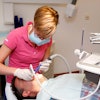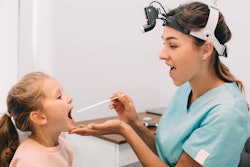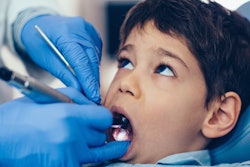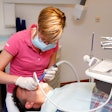
Parents of children enrolled in public school or childcare in Maryland may be required to provide evidence that their kids underwent oral health screenings before specified ages, according to bills recently introduced by state lawmakers.
If lawmakers vote in favor of either SB 237 or HB 290 and the governor signs one into law, the legislation would be effective in Maryland on July 1, 2023. Neither bill calls for punishing parents or guardians who fail to get their children's teeth screened.
Despite efforts to get children to the dentist sooner and to combat caries, one of the most preventable diseases, less than one-third of U.S. states have enacted laws regarding dental screenings for school-age children. To date, only slightly more than a dozen states in the U.S., including California, Pennsylvania, Georgia, Kentucky, and the District of Columbia, have passed these laws.
Under the bills, parents and guardians of children enrolled in the Maryland public school system, a childcare home, or childcare center would be required to provide the system or facility with proof that the child has received a dental screening. Furthermore, the bills would create requirements and eligibility standards regarding dental services and reimbursements under the Maryland Medical Assistance Program. It would require Maryland's state board of dental examiners to include a list of licensed providers who offer mobile dental services and raise awareness about these services by distributing more dental materials.
Additionally, the proposed legislation would prohibit the state secretary of health from conditioning or limiting eligibility for Medicaid dental services based on an individual's citizenship or immigration status and require Medicaid reimbursement for specified services provided by a community health worker.
If the law is adopted, the Maryland Department of Health would be required to provide a 4% rate increase for Medicaid dental services in the fiscal year 2024. This would be an increase in general fund expenditures of at least $3.9 million in the fiscal year 2024. After 2024, the annual amount would increase to $7.5 million to provide Medicaid dental coverage regardless of citizenship or immigration status, according to the fiscal and policy notes for both bills.
Nevertheless, the bills would require the state health department to conduct a study on dental provider participation in the Maryland Healthy Smiles Dental Program.
Finally, the Maryland Higher Education Loan Assistance Grant would be expanded to dental hygienists if one of the bills became law. Currently, this program is only open to dentists.




















